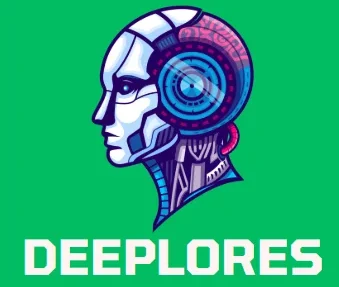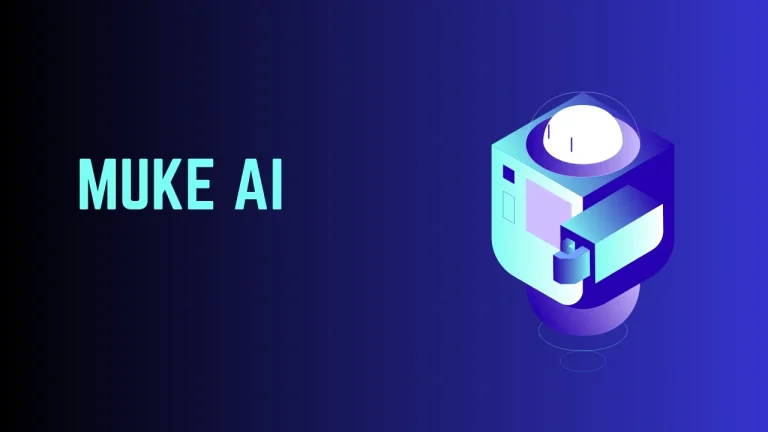Which Problem is More Effectively Solved Using Quantum Computing Rather Than Classical Computers?
The world of computing is undergoing a transformation. Quantum computers, harnessing the principles of quantum mechanics, are poised to revolutionize how we solve some of the most complex problems. In this article, we discuss in detail about which problem is more effectively solved using quantum computing rather than classical computers?
1. How Does Quantum Computing Excel in Optimization Problems?
Traditional computers use bits, representing either a 0 or a 1. In contrast, quantum computers utilize quantum bits or qubits. Thanks to quantum properties like superposition and entanglement, a qubit can represent both 0 and 1 simultaneously. This quantum parallelism allows quantum computers to explore multiple solutions at once, drastically improving optimization tasks.
2. Can Quantum Computers Break Encryption? The Impact on Cryptography
One of the most well-known quantum algorithms, Shor’s algorithm, can factor large numbers exponentially faster than classical methods. This could render current encryption methods obsolete. However, quantum cryptography promises new ways of securing information, harnessing the very properties that challenge classical encryption.
3. Real-world Applications: Quantum Machine Learning & Artificial Intelligence
Quantum machine learning blends quantum algorithms with machine learning techniques. By leveraging quantum parallelism, it has the potential to process vast amounts of data at unprecedented speeds, leading to significant advances in AI.
4. Simulating the Physical World: Quantum Computing in Drug Discovery and Materials Science
Modeling complex molecules and reactions has always been a challenge for classical computers. Quantum simulation and quantum chemistry tools can model these structures with precision, opening doors to innovative drug discoveries and novel materials.
5. Efficient Search: How Grover’s Algorithm Improves Efficiency
Grover’s algorithm showcases how quantum computers can search a database faster than classical counterparts. While not exponentially faster, it does represent a quadratic speedup, which can be invaluable for specific tasks.
6. Quantum Computing and Financial Modeling: A Match Made in the Quantum Realm?
By leveraging quantum optimization and quantum annealing, quantum computers can analyze intricate financial models, potentially leading to more accurate predictions and optimized investment strategies.
7. Quantum Biology: Deciphering Nature’s Intricacies
A rather unconventional yet fascinating intersection between quantum mechanics and biology has birthed quantum biology. This field hypothesizes that quantum phenomena play essential roles in biological processes, such as photosynthesis, DNA mutation mechanisms, and more. Quantum computers might pave the way for simulating these processes accurately, leading to deeper insights into how life operates at the tiniest scales.
8. Quantum Complexity and the Oracle’s Promise
In the domain of computational complexity, the quantum oracle offers a hypothetical black box for solving problems faster. With Grover’s and Shor’s algorithms as primary examples, quantum computers can provide quadratic and exponential speedups, respectively. Such advancements challenge our understanding of problem-solving paradigms.
9. Quantum Annealing: A New Era of Problem Solving
Quantum annealing harnesses quantum principles to find the global minimum for a problem, crucial for optimization tasks. Differing from the quantum gate model, quantum annealers like the D-Wave system have shown promise in solving specific optimization problems faster than classical methods.
10. The Role of Quantum Decoherence: A Double-Edged Sword
While quantum decoherence often presents as a challenge – the loss of quantum state information – it also offers insights into the quantum-classical boundary. Harnessing decoherence and understanding its limits will be pivotal for the practical deployment of large-scale quantum systems.
11. Revolutionizing Communication: Quantum Cryptography
While we discussed the threat quantum computers pose to classical encryption, it’s equally important to note the potential in quantum cryptography. Quantum Key Distribution (QKD) ensures theoretically unbreakable encryption, as any eavesdropping attempt would disturb the quantum state of the particles, alerting the communicating parties.
12. Quantum Walks: A Leap Beyond Random Walks
The quantum walk is the quantum analogue of the classical random walk, with applications in quantum algorithms and computing. Its non-intuitive behaviors, driven by quantum superposition and entanglement, allow for faster algorithms and novel ways of information processing.
FAQs on Quantum Computing vs. Classical Computing
How do quantum algorithms like Grover’s improve search efficiency?
Grover’s algorithm can search an unsorted database in fewer steps than classical methods by utilizing quantum parallelism.
What are some challenges in implementing large-scale quantum gates?
Quantum decoherence and quantum error correction are among the challenges. As qubits are delicate, maintaining their quantum state requires sophisticated techniques.
How does quantum computing affect molecular modeling?
With quantum simulation, quantum computers can model complex molecules with high precision, leading to advances in fields like pharmaceuticals.
What is the role of quantum computing in financial modeling?
By analyzing vast datasets efficiently through quantum algorithms, quantum computers can offer insights into complex financial markets.
Can quantum computers solve complex optimization problems faster?
Thanks to quantum annealing and quantum optimization, they often can, especially when the problem’s landscape is rugged.
What is the significance of quantum computing in artificial intelligence?
Quantum computing can dramatically accelerate specific tasks in AI, including optimization and database search, fostering more intelligent and adaptive systems.
How does quantum computing handle quantum annealing problems?
Quantum computers exploit their inherent quantum nature, like superposition and tunneling, to navigate the energy landscape of a problem more efficiently, ideally finding global minima.
What are the limitations of quantum error correction?
As quantum systems are sensitive to their environments, error rates are higher than in classical systems. Quantum error correction methods are still evolving and require a significant overhead in terms of additional qubits and operations.
Can quantum computers revolutionize materials science?
Absolutely! By accurately simulating quantum interactions within materials, scientists can predict material behaviors, design novel materials, and discover new properties, which was previously a massive challenge for classical computers.
Also Read: Which Technology will Quantum Computing Impact Most Significantly?
Final Thoughts
The quantum realm remains an area bursting with potential, ready to redefine the boundaries of computation, communication, and even our understanding of reality. As quantum computing continues to evolve, it’s evident that its confluence with various disciplines – from biology to materials science – will herald breakthroughs we’ve only dreamed of.
As we reach the end of our discussion on “Which Problem is More Effectively Solved Using Quantum Computing Rather Than Classical Computers?” we believe that the information presented here has not only expanded your understanding but also paved the way for practical applications in your own life.

Blogger extraordinaire and wordsmith extraordinaire. She weaves captivating tales with her pen and enthralls readers with her insightful blog posts. Join her on a literary journey filled with wit, wisdom, and a dash of whimsy. Prepare to be spellbound!






![Castle App Download for Free Latest Version [2024] 12 Castle App Download](https://deeplores.com/wp-content/uploads/2023/06/Castle-App-Download-1-768x432.png)
